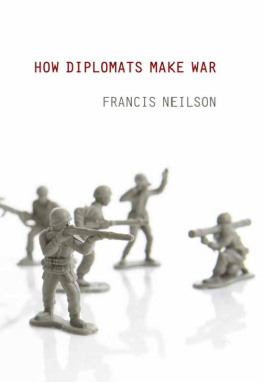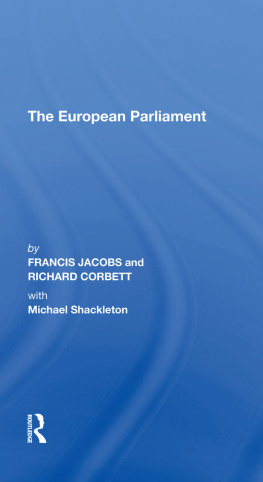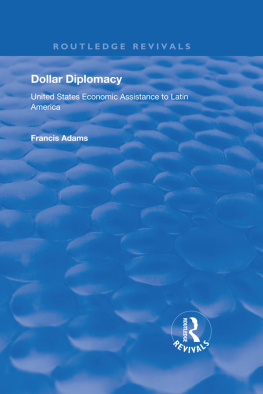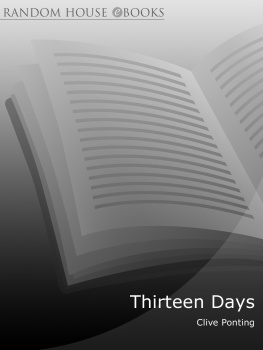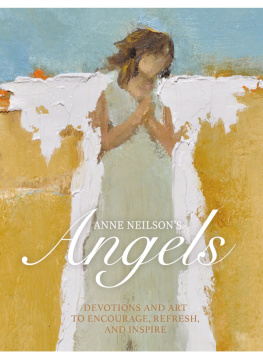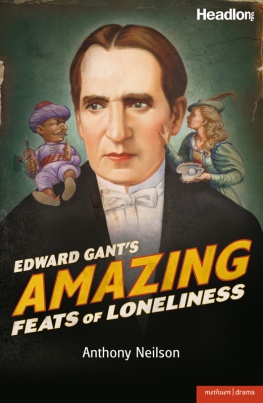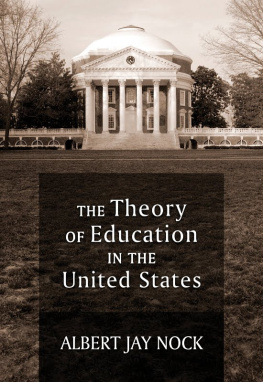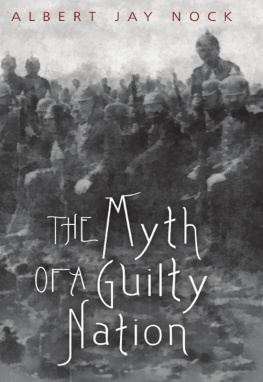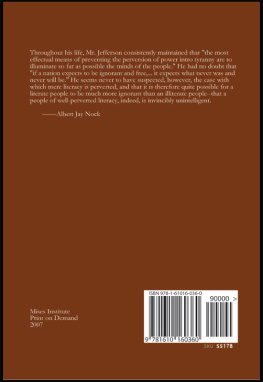Francis Neilson - How Diplomats Make War
Here you can read online Francis Neilson - How Diplomats Make War full text of the book (entire story) in english for free. Download pdf and epub, get meaning, cover and reviews about this ebook. year: 1915, publisher: B.W. Huebsch, genre: Politics. Description of the work, (preface) as well as reviews are available. Best literature library LitArk.com created for fans of good reading and offers a wide selection of genres:
Romance novel
Science fiction
Adventure
Detective
Science
History
Home and family
Prose
Art
Politics
Computer
Non-fiction
Religion
Business
Children
Humor
Choose a favorite category and find really read worthwhile books. Enjoy immersion in the world of imagination, feel the emotions of the characters or learn something new for yourself, make an fascinating discovery.
- Book:How Diplomats Make War
- Author:
- Publisher:B.W. Huebsch
- Genre:
- Year:1915
- Rating:5 / 5
- Favourites:Add to favourites
- Your mark:
How Diplomats Make War: summary, description and annotation
We offer to read an annotation, description, summary or preface (depends on what the author of the book "How Diplomats Make War" wrote himself). If you haven't found the necessary information about the book — write in the comments, we will try to find it.
Francis Neilson (1867-1961) was a member of the British Parliament, one of the last truly educated British aristocrats, a colleague and friend of Albert Jay Nocks, and an amazing historian and stylist. He is also the author of this historic book, the first truly revisionist account of the origins of World War I to appear in English. It was published only six weeks after he resigned from Parliament.
It blasted onto the scene in 1915, at a time when such talk would soon be against the law in the United States (yes, people went to jail for opposing the war). Neilsons thesis was that Germany didnt bear some unique guilt for the war; there was plenty of blame to go around, but ultimately its rests with the arms buildup and secret diplomacy of Britain. His reconstruction of the history of 19th-century diplomacy provides incredible detail to fill out this thesis, even as he never loses sight of the big picture.
The book was, in fact, edited by Nock himself, though he listed himself in the first edition as anonymous.
The New York Times wrote, The volume is written with much facility of expression and a large fund of materials. In diplomatic matters it attacks the faults of the ruling class in Great Britain in much the same way as I Accuse! attacked those of the corresponding class in Germany.
The Dial Chicago wrote, A book which many of its readers will feel has appeared at the moment when it was most required. Amidst the high pressure of emotionalism in which sane judgments are at a premium, and strong opinions on one side or another are regarded as inevitable, it is well to be reminded that quarrels between nations, as between individuals, are usually due to faults on both sides.
In many ways, too, this book set off a decade and a half of rethinking the war, what caused it, the costs, and who benefited. It remains an outstanding account of the entire sorry episode, which many compared to the end of civilization itself.
Here is what Neilson writes:
Citizens who desire peace can indulge in no greater folly than that which is summed up in the phrase, The best way to preserve peace is to prepare for war. That rotten expedient has been shattered completely that no amount of preparedness can stem the rush of militarists once they get out of hand.
The record is extant: territorial aggrandisement violates the first law of the Creator. By Caesar taking what belongs to God, bureaucratic tyranny forces the people to support government in maintaining that system. Government privilege is the power which keeps people in subjection through iniquitous taxation and other restrictive laws... This war, begun by diplomats and militarists, has made the peoples of Europe conscious of all these dreadful evils, in no other way can the seeming unanimity of all the forces fighting in all the stricken countries be explained. Governments have made the war; only the peoples can make an unarmed peace.
Francis Neilson: author's other books
Who wrote How Diplomats Make War? Find out the surname, the name of the author of the book and a list of all author's works by series.

